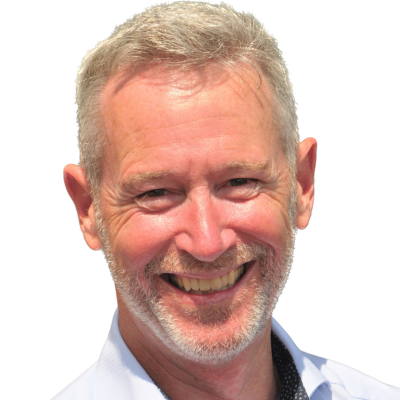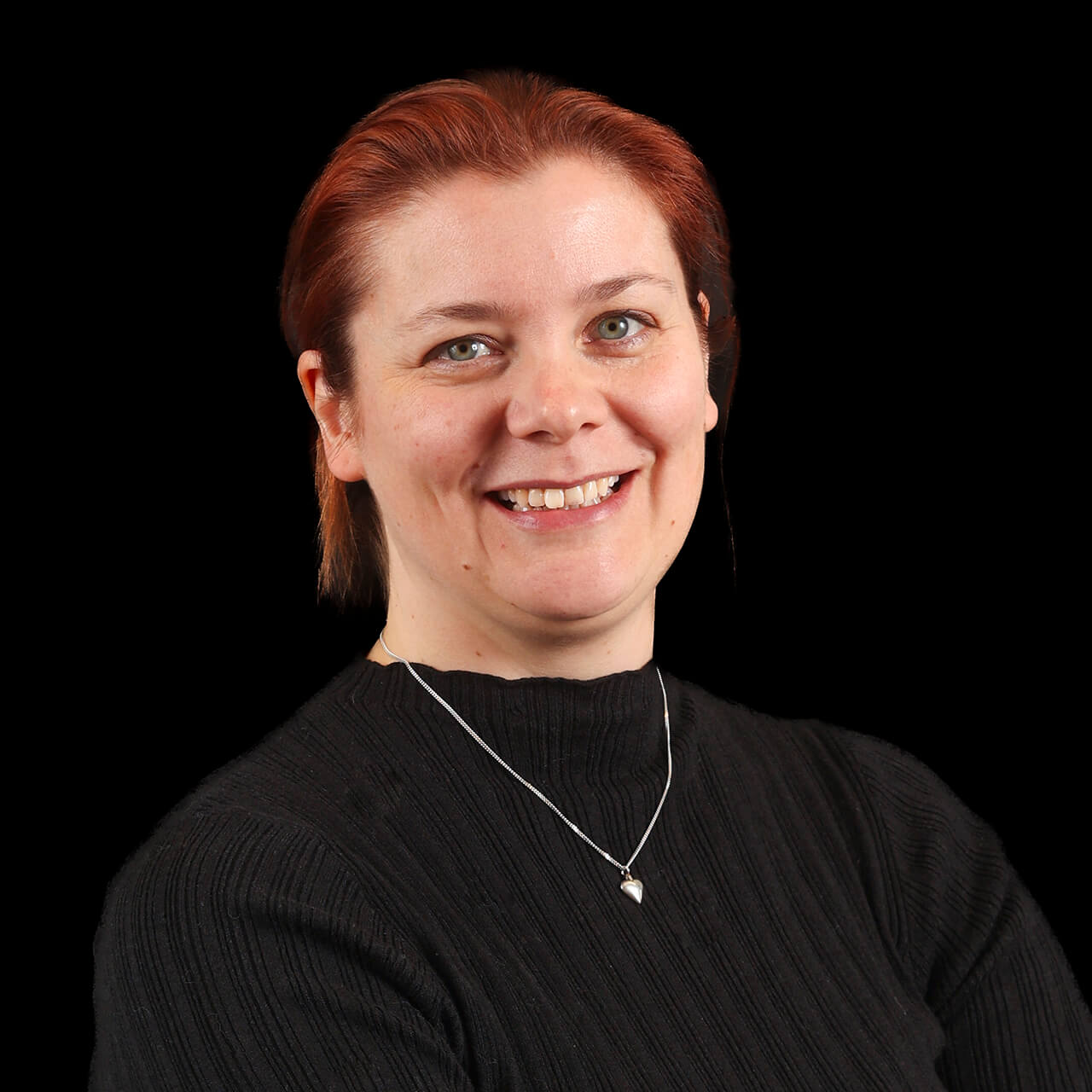
With a 30 year background in the field of school attendance, Dr. David Heyne brings diverse expertise spanning practical, research, and scholarly work. He is co-founder and executive team member of INSA, co-founder of the Dutch Knowledge Network for School Attendance, and offers freelance services through Excellence in Attendance Support. Currently serving as Honorary Associate Professor at Deakin University in Australia, David’s academic journey includes roles at the University of Melbourne and Monash University in Australia, and more recently, at Leiden University in the Netherlands.

Marije Brouwer-Borghuis has been involved in the field of school attendance since 2007. Initially, she worked as an educational psychologist for young people who are unable or have limited school attendance due to emotional stress, and later as a driving force behind regional development efforts related to school attendance in the Twente region. Marije is co-founder and chair of the School Attendance Knowledge Network (KNSA), which held its first meeting in October 2015. She currently works as a school attendance specialist at Ingrado, where she supports professionals and regions in the movement surrounding school development. She is also an external PhD candidate affiliated with Radboud University Nijmegen.
The menus below were updated in December 2022. If you have information to share with others in your country, please contact your country’s hosts: David Heyne (heyne@fsw.leidenuniv.nl) or Marije Brouwer-Borghuis (m.brouwer@swv2301.nl).
Not for Profit
2022
2021
2020
2019
2018
2023
2021
2020
2019
2018
Earlier
Instruments